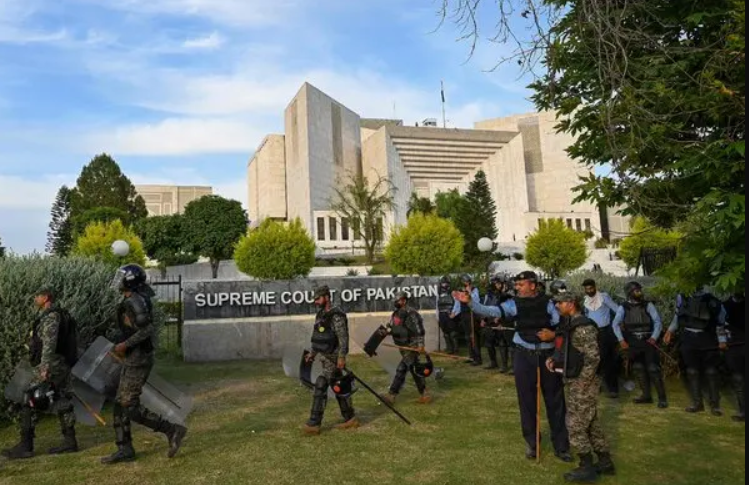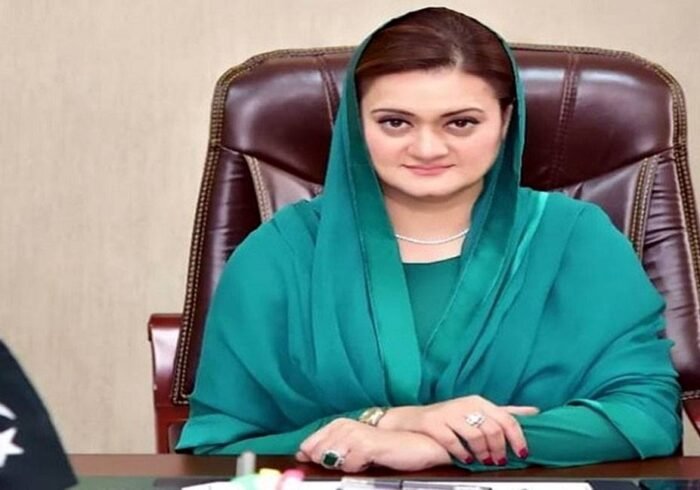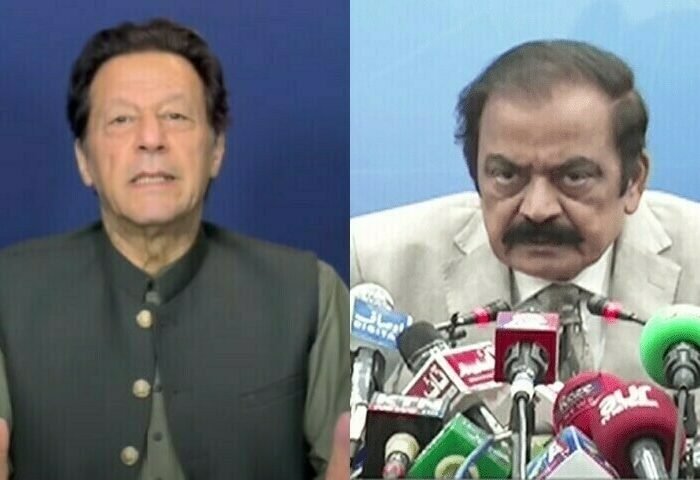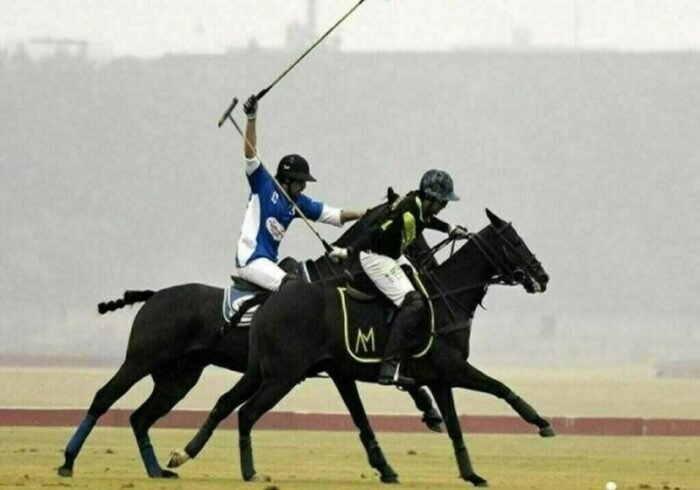Supreme Court Hears Arguments on Military Court Trials of Civilians
On Wednesday, Advocate Salman Akram Raja argued before the Supreme Court’s constitutional bench that any amendments made to the Army Act cannot override a citizen’s fundamental rights.
Representing convict Arzam Junaid in an intra-court appeal challenging the trial of civilians in military courts, Raja contended that a crime must have a direct connection to the Army Act for such trials to be legally justified.
The seven-member bench, presided over by Justice Amin-ud-Din Khan, also includes Justices Jamal Khan Mandokhail, Muhammad Ali Mazhar, Hassan Azhar Rizvi, Musarat Hilali, Naeem Akhtar Afghan, and Shahid Bilal Hassan.
Debate Over the Army Act and Fundamental Rights
During the proceedings, Raja referenced Section 2(1)(d)(1) of the Army Act, which was first discussed in the 1975 F.B. Ali case. He described the Act as a “black hole”, arguing that any amendment aimed at restricting fundamental rights would be unconstitutional.
Justice Mandokhail raised an important question: would the Army Act still apply if a soldier committed an offense at home? Raja responded with an example, explaining that if a soldier in Punjab were to fly a kite, where it is legally prohibited, he would be prosecuted under civil law, not military law.
Key Legal Issues and 2020 Amendment Discussion
Raja identified two major legal concerns in the case:
- Article 175 of the Constitution
- The protection of fundamental rights
He firmly stated that fundamental rights could not be suspended under any circumstances.
The bench also examined the 2020 amendment to the Army Act, which extended the tenure of the Chief of Army Staff (COAS) and set an upper age limit of 64 years.
In a light-hearted moment, Justice Afghan mentioned Raja’s past political affiliations. Raja clarified that he was not associated with PTI at the time and had always been in opposition.
Validity of the 1967 Ordinance and Official Secrets Act
The bench further analyzed the 1967 ordinance, which introduced Article 2(1)(d)(2) into the Army Act. Justice Afghan questioned whether the ordinance had expired and whether it was introduced to strengthen the regime following political movements and war.
Raja responded that trials under the Official Secrets Act have been conducted since 1923, long before the 1967 ordinance. When asked about the jurisdiction for prosecuting spies or civilians accused of leaking state secrets, Raja clarified that such cases fall under the Official Secrets Act, not military courts.
Justice Mandokhail noted the dual punishment system within the armed forces, where an individual could be dismissed and punished simultaneously, unlike in civil service. Meanwhile, Justice Mazhar pointed out that after a five-member bench abolished Section 2D, military courts could no longer prosecute spies.
Final Arguments and Hearing Adjournment
Concluding his remarks, Raja stressed that no legal system in the world permits the arbitrary revocation of fundamental rights. He asserted, “A commanding officer cannot simply demand that an accused person be handed over to him.”
The hearing has been adjourned and will resume after a scheduled break.





